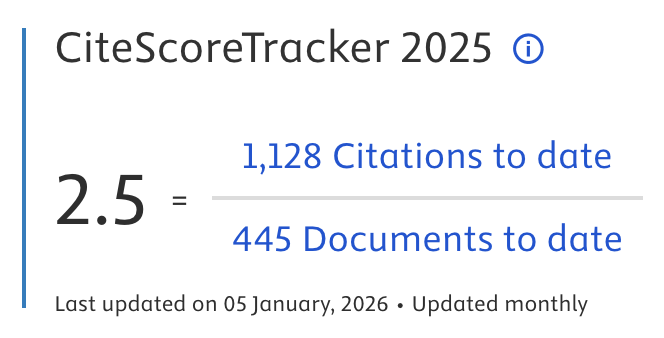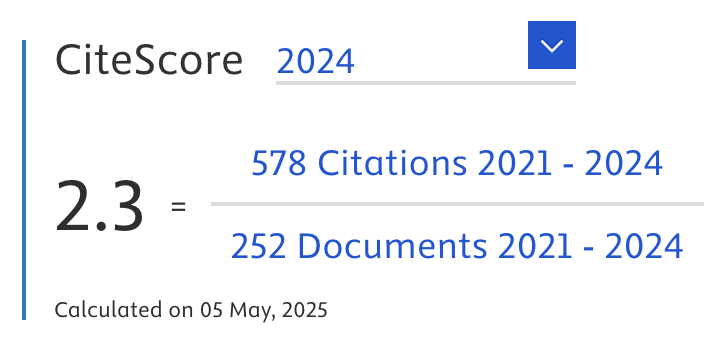Research on the Influencing Factors of College Students' Deep Meaningful Learning in Blended Learning Mode
Abstract
This study examines the factors that impact deep and meaningful learning in blended learning environments and their connections. The sample included 397 college students from a university in Sichuan Province, selected through random sampling. Data was collected using a questionnaire based on Bandura's ternary interaction theory, encompassing learners, helpers, environment, and interaction dimensions. The following text should be remembered: "Hypotheses were developed based on existing literature, and a survey with established scales was created. Quantitative analysis was conducted using SPSS and AMOS software. The mean, standard deviation, Variance, skewness, and kurtosis values were within reasonable ranges. The model's latent variables showed strong convergent validity, with standardized factor loadings (SFL) ranging from 0.807 to 0.965, average Variance extracted (AVE) from 0.697 to 0.946, and composite reliability (C.R.) from 0.919 to 0.946. Model fit indices indicated acceptable fit (CMIN/DF: 2.303, NFI: 0.966, CFI: 0.980, RMSEA: 0.058, RMR: 0.008, PNFI: 0.789). The study optimized the model through path analysis, culminating in the final structural equation model (SEM)." Findings indicate (1) Learner, environmental, and interaction factors positively influence deep meaningful learning, while helper factors show a negative correlation; (2) learner, interaction, and helper factors mediate the environment's impact on deep, meaningful learning; and (3) environmental factors hold the most significant sway over helper factors, followed by interaction and learner factors. Helpers wield significant influence over learners, enhancing deep understanding. These insights guide effective, deep, meaningful learning strategies in blended learning
Article Metrics
Abstract: 267 Viewers PDF: 197 ViewersKeywords
Deep Meaningful Learning; Blended Learning Mode; College Student
Full Text:
PDF
DOI:
https://doi.org/10.47738/jads.v5i2.254
Citation Analysis:
Refbacks
- There are currently no refbacks.

Journal of Applied Data Sciences
| ISSN | : | 2723-6471 (Online) |
| Collaborated with | : | Computer Science and Systems Information Technology, King Abdulaziz University, Kingdom of Saudi Arabia. |
| Publisher | : | Bright Publisher |
| Website | : | http://bright-journal.org/JADS |
| : | taqwa@amikompurwokerto.ac.id (principal contact) | |
| support@bright-journal.org (technical issues) |
 This work is licensed under a Creative Commons Attribution-ShareAlike 4.0
This work is licensed under a Creative Commons Attribution-ShareAlike 4.0





.png)